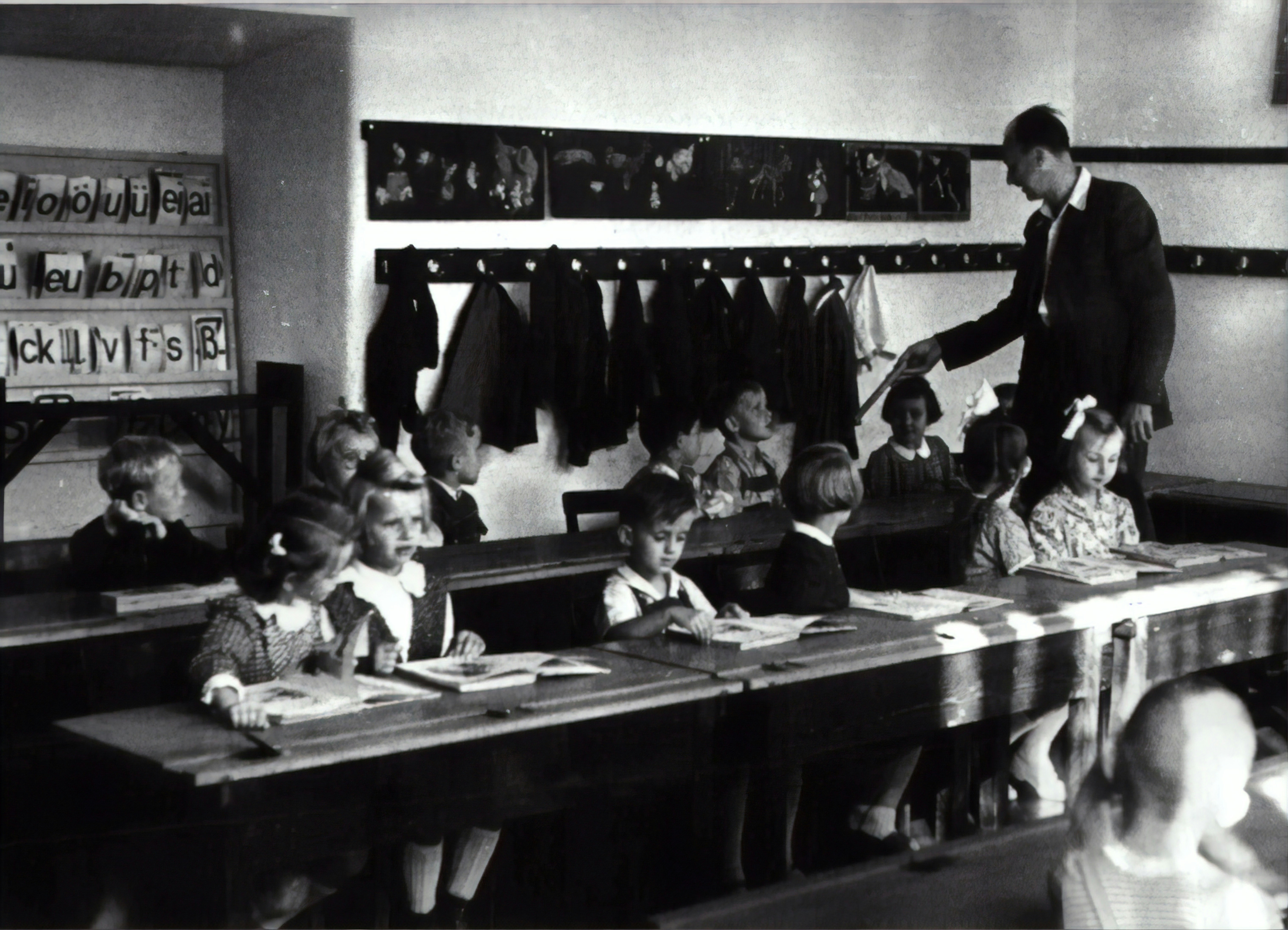The Unsung Heroes of Teen Mental Health: School Counselors
Published on July 20, 2024
The Unsung Heroes of Teen Mental Health: School Counselors
 When we think about the pillars of support for teenagers navigating the tumultuous waters of adolescence, our minds often jump to parents, friends, or perhaps a therapist. But there's an unsung hero in this support network that deserves more recognition: the school counselor.
As a former high school teacher, I've witnessed firsthand the profound impact these dedicated professionals can have on students' lives. They're not just there to help with college applications or schedule changes; they're often the first line of defense in identifying and addressing mental health concerns among our youth.
When we think about the pillars of support for teenagers navigating the tumultuous waters of adolescence, our minds often jump to parents, friends, or perhaps a therapist. But there's an unsung hero in this support network that deserves more recognition: the school counselor.
As a former high school teacher, I've witnessed firsthand the profound impact these dedicated professionals can have on students' lives. They're not just there to help with college applications or schedule changes; they're often the first line of defense in identifying and addressing mental health concerns among our youth.
The Multifaceted Role of School Counselors
School counselors wear many hats:
- Academic advisors
- Career guides
- Mental health first responders
- Mediators between students, teachers, and parents
- Advocates for students' well-being
They're uniquely positioned to observe students in their natural environment, often picking up on subtle changes in behavior or academic performance that might signal underlying issues.
Breaking Down Barriers
One of the most valuable aspects of school counselors is their accessibility. For many students, especially those from families where mental health isn't openly discussed, the idea of seeing a therapist can be daunting. But popping into the counselor's office during lunch break? That's far less intimidating.
This ease of access can be particularly crucial for students from immigrant families or cultures where there might be stigma around mental health issues. School counselors can serve as a bridge, helping to normalize conversations about emotional well-being and providing a safe space for students to express themselves.
The Challenges They Face
Despite their crucial role, school counselors often face significant challenges:
- High student-to-counselor ratios (often well above the recommended 250:1)
- Limited time and resources
- Increasing mental health needs among students
- Balancing administrative duties with student support
These obstacles can make it difficult for counselors to provide the level of support they'd like to offer. This is where technology and innovative solutions can play a role in augmenting their efforts.
The Future of Student Support
As we look to the future, it's clear that we need to find ways to support and empower school counselors in their vital work. This might involve:
- Increasing funding for school counseling programs
- Integrating technology to streamline administrative tasks
- Providing counselors with additional mental health training
- Creating partnerships between schools and mental health organizations
Innovative tools like Thinker, an AI-powered platform for improving communication and mental well-being, could potentially play a role in supporting the work of school counselors. By providing students with additional resources for self-reflection and communication skills, such tools could help extend the reach of counselors beyond the confines of the school day.


